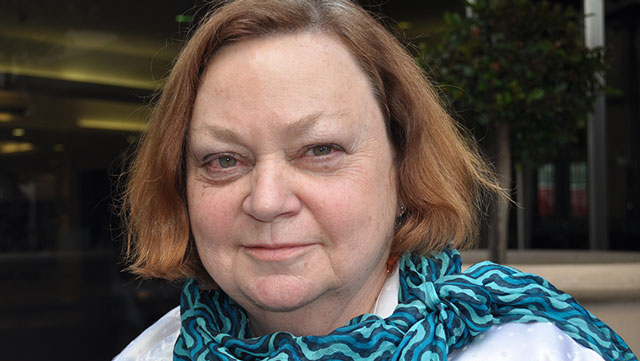
Government is still reviewing its policy on access control for digital terrestrial television, the department of communications has told the Democratic Alliance in response questions the party submitted in parliament.
This is despite a controversial agreement between MultiChoice and the SABC that prohibits the public broadcaster from carrying its channels over any system that uses access control.
Access control is a way of encrypting signals sent to set-top boxes and has become a source of major friction between e.tv and MultiChoice, which owns M-Net and DStv. E.tv wants a control system, also known as conditional access, included in the 5m set-top boxes that will be subsidised by government for poorer households; MultiChoice is vehemently opposed to the idea, saying it will amount to unfair competition.
All South Africans wanting to receive terrestrial television after analogue broadcasts are switched off — the deadline for this is June 2015 — will have to buy set-top boxes.
TechCentral revealed in a joint investigation with the Sunday Times last month that the SABC and MultiChoice had agreed, as part of a confidential agreement for the supply of two channels to the DStv platform, that the public broadcaster was prohibited from carrying any of its channels over a television platform that uses encryption technology.
The move enraged e.tv, which described the deal as “directly contravening government policy” and giving M-Net a “free ride” in digital terrestrial television.
MultiChoice hit back, saying it would give e.tv a “free ride from government” to launch a pay-television platform. E.tv had denied it intends using digital terrestrial set-top boxes to offer a pay-TV service in competition with DStv.
In terms of SABC/MultiChoice deal, the public broadcaster has agreed to supply DStv with a 24-hour news channel and a 24-hour entertainment channel for a total payment of R553m over five years.
Conditional access allows broadcasters to switch off non-paying customers and is an essential element of a pay-TV service. MultiChoice South Africa Group CEO Imtiaz Patel argued it would increase the cost of the set-top box dramatically when all that was needed was a simple “digital converter” that cost R350 or less. E.tv wanted taxpayers to subsidise its entry into the pay-TV market, he said.
But Bronwyn Keene-Young, chief operating officer of e.tv parent Sabido Investments, rubbished Patel’s claim. “E.tv has stated time and again that it has no intention of using the digital terrestrial television platform to launch pay TV,” she said.
DA MP Marian Shinn said in a statement on Tuesday that news that government was still considering its options around the control system came “despite the threat of punitive financial penalties for the SABC should it adopt such controls for its free-to-air broadcasts”.
“Communications minister Yunus Carrim gave no further details of who was involved in this review or when it would conclude, and confirmed that independent facilitators had been called in … to seek consensus ‘among the feuding parties’,” Shinn said.
“The DA will submit follow-up questions to minister Carrim to determine whether the SABC’s acting chief operating officer, Hlaudi Motsoeneng, had the government’s approval to decide that the broadcaster’s TV programmes will be made freely available without access control systems and, if not, what actions will be taken against him,” she added.
“The minister must also answer what steps will be taken to renegotiate these terms of the SABC’s contract with MultiChoice, as well as whether the interim SABC board that approved this deal sought clarity from the government on whether the public broadcaster was authorised to sign away the need for an access control system.”
Although former communications minister Dina Pule prevaricated on the issue of access control shortly before she was fired by president Jacob Zuma in July, the use of conditional access remains government policy.
Asked last month why the SABC agreed to the clauses prohibiting carriage of its channels over platforms that use conditional access, the broadcaster said simply: “This is a matter between two parties, and we will not be drawn to discuss this matter in the public space.”
But Keene-Young said MultiChoice’s deal with the SABC gave M-Net “the right to free-ride on the SABC channels when selling the M-Net digital terrestrial television set-top box”. She accused MultiChoice of having an ulterior motive in opposing conditional access for terrestrial television.
“Isn’t the real reason that MultiChoice so vigorously opposes set-top box control the fact that if the free-to-air signals are not encrypted, M-Net can ride on the free-to-air channels (without paying compensation) to promote its own set-top box?”
Patel said there was nothing untoward about the agreement with the SABC and that e.tv was attempting to get the government to subsidise its plans to launch a pay-TV service to compete with DStv.
But Shinn said on Tuesday that “transparency and clarity” were needed to “ensure that the deal between the SABC and MultiChoice did not hamper the public broadcaster or the department of communications to deliver on their digital television transition promises.” — (c) 2013 NewsCentral Media
- See also: E.tv fumes over SABC, DStv deal




